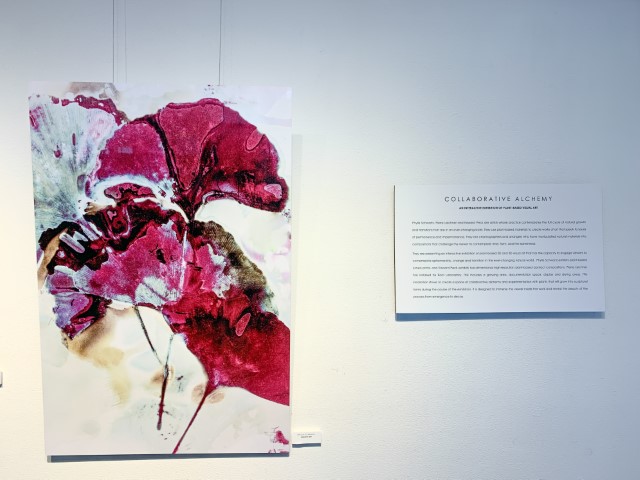Prominent Quebec politicians speak out against current government
By Patrick Vaillancourt, News Editor
Influential Quebec politicians of yesteryear are speaking publicly against the Quebec government’s charter of values, which would significantly curb the rights of public servants to wear religious symbols and clothing in provincial government offices.
Former Quebec premier Jacques Parizeau, who led the separatist forces during the 1995 Quebec sovereignty referendum, was the first in the parade of politicians to criticize the proposed charter of values, which he addressed in a column for the Montreal-based daily newspaper, Le Journal de Montréal.
“For the most part, the only contact that most Quebecers have with the world of Islam is through these images of violence, repeated over and over…” Parizeau writes. “The reaction is obvious: we’ll have none of that here!”
Parizeau cites fear of the growing influence of Islam in Quebec as the current government’s rationale for implementing such a charter.
Parizeau writes that the proposed ban on wearing religious symbols should only apply to people in positions of public authority, such as police, judges, and prosecutors.
Liberal Party leader, Justin Trudeau, a staunch opponent of the proposed charter of values, says that premier Pauline Marois’ Parti Quebecois government now have a real public relations problem given Parizeau’s stance against the charter.
“I think when Mr. Parizeau becomes a voice of moderation in the debate, the sovereigntists have a real problem,” says Trudeau.
Parizeau was heavily criticized after the defeat of the sovereigntist movement in the 1995 referendum when he spoke publicly about the defeat, saying that the loss was due to “money and the ethnic vote.” The speech largely came to define Parizeau as intolerant of minority populations.
Lucien Bouchard, who succeeded Parizeau to the Quebec premiership in 1996, also came out against the charter as it is currently proposed. He suggests that the 2007 Bouchard-Taylor commission and its resulting report examining reasonable accommodation in Quebec would, if addressed, allow the Quebec government to “hit a home run.” He continues that the National Assembly would “vote unanimously for that kind of compromise… Instead of dividing Quebecers, that would bring them together.”
“What Parizeau wrote, it makes sense,” says Bouchard. “It brings us back to real values of tolerance and openness of Quebec society, but highlights the fundamental principle of secularism, developed around rules.”
Another former Quebec premier, Bernard Landry, whom many saw as a hard-liner in the sovereignty movement, was more delicate in his comments toward the government’s plan, but pointed out that the government may be better served by rebranding the debate.
“It’s not Quebec values,” says Landry, who served as Quebec premier from 2001-03. “It’s a charter on secularism.”
Landry applauds the government, however, for beginning what he argues is a necessary debate.
Former Prime Minister Brian Mulroney, a Montrealer, stood firmly against the proposed charter in an interview with Conrad Black, saying that the charter “limits that and sends out what I consider to be a negative, inappropriate signal to immigrants and to the vast immigrant communities that are bringing prosperity to Canada.”
The Quebec government, for its part, has said that it will consider the feedback received by the former PQ premiers, as well as the reported 25,000 comments from the public on the government’s website.


